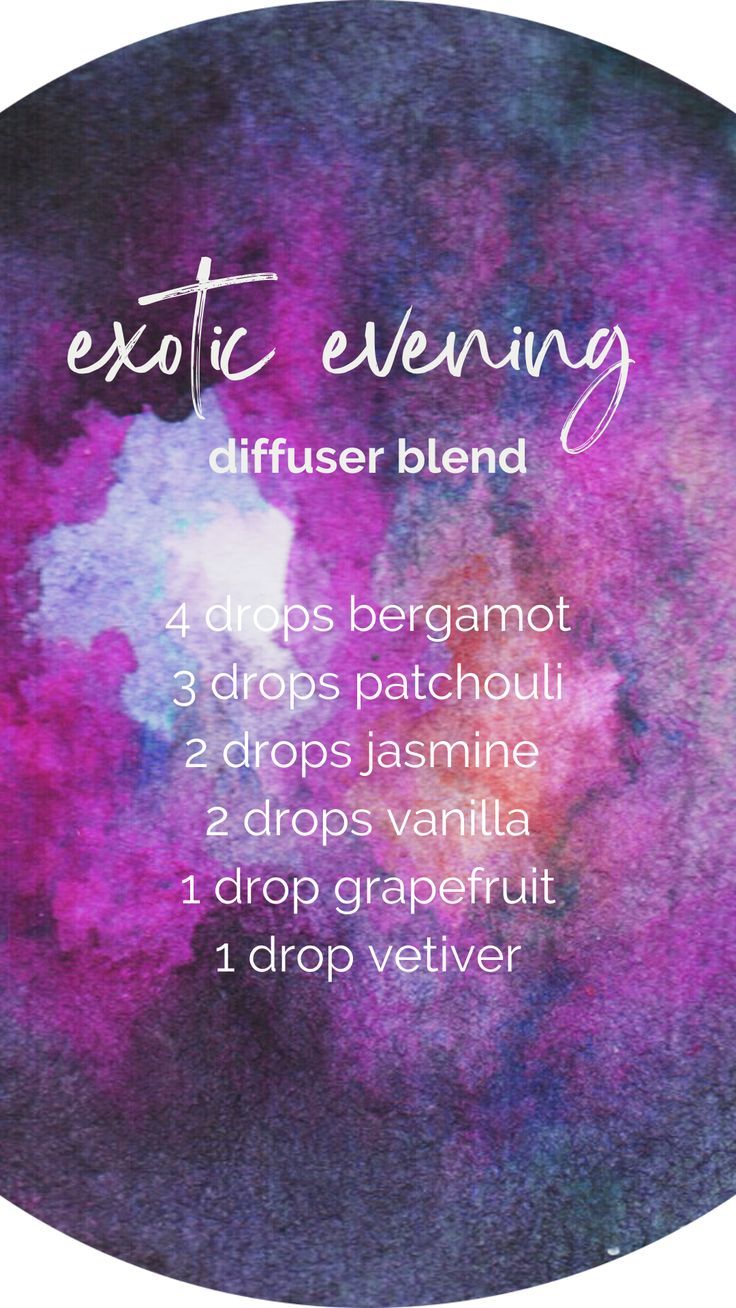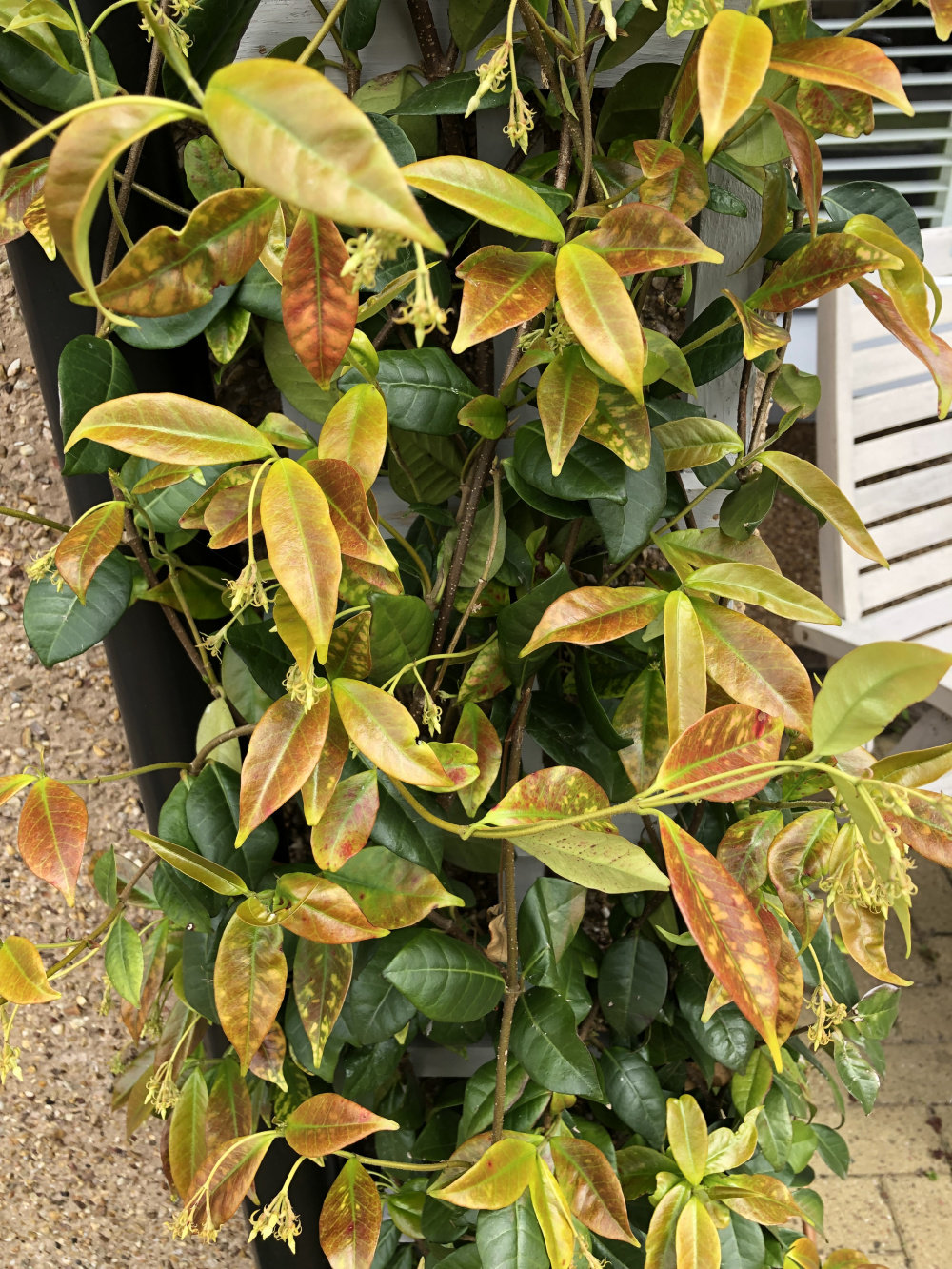Homemade Fertilizer For Jasmine Plant

Homemade fertilizer for jasmine plant
Jasmine plant prefers slightly acidic soil with a pH range of 5-8. So, supplementing it with coffee grounds can be the best bet. Coffee grounds are rich in nitrogen, magnesium, and potassium that elevate the acidity of the soil. Just spread the coffee ground on a sheet and let it dry overnight.
How do I make my jasmine flower more?
Prune your jasmine plant when blooms are finished. If you can't prune at this time, make sure the pruning is done by midsummer. Pruning later can remove the season's buds that may already be forming. Heavy pruning for this plant is encouraged; if done at the right time it will encourage more and bigger blooms.
What fertilizer do I use with jasmine?
Just lay down an organic compost or use a high-quality potting soil when you first begin growing them. Fertilize these plants once or twice a year, during the early spring or summer season. Any all-purpose fertilizer will get the job done.
What is the best food for star jasmine?
Plants in the ground will generally fair very well without the need for added nutrient, however to help promote new growth, lush foliage and flowering, give a feed with a slow release fertiliser such as Vitax Q4, Blood Fish & Bone, or Growmore, around the base of the plant in spring.
Does Epsom salt help jasmine plants?
Yes, there seem to be good, relevant reasons for using Epsom salts for plants. Epsom salt helps improve flower blooming and enhances a plant's green color. It can even help plants grow bushier. Epsom salt is made up of hydrated magnesium sulfate (magnesium and sulfur), which is important to healthy plant growth.
Can I use Miracle Grow on jasmine?
#3. If you go to any farm or farmer's market the only type of fertilizer they will recommend using is this water-soluble solution by miracle-gro.
Are coffee grounds good for jasmine?
Some gardeners claim that the best homemade fertilizer for jasmine plants is coffee grounds. They are rich in magnesium, nitrogen and potassium, which can elevate the soil's acidity, an added benefit since these vines prefer slightly acidic soil.
Can I just sprinkle Epsom salt on plants?
Adding Epsom salts to soil that already has sufficient magnesium can actually harm your soil and plants, such as by inhibiting calcium uptake. Spraying Epsom salt solutions on plant leaves can cause leaf scorch. Excess magnesium can increase mineral contamination in water that percolates through soil.
What does baking soda do for plants?
Baking soda helps the plants become less acidic and prevents fungal growth.
How often should you water jasmine plants?
Watering – Jasmine flowers that are in-ground should be watered once a week. If it is unusually dry or hot, increase the frequency, but let the soil dry out in between. If your jasmine is in a container, it will likely require water multiple times each week, especially in the hotter months.
What plants should you not put coffee grounds around?
In most cases, the grounds are too acidic to be used directly on soil, even for acid-loving plants like blueberries, azaleas and hollies. Coffee grounds inhibit the growth of some plants, including geranium, asparagus fern, Chinese mustard and Italian ryegrass.
Is banana peel good for jasmine plant?
Phosphorous rich fertilizer is good for jasmine. So add banana peels and kitchen waste as fertilizer.
What plants can I sprinkle coffee grounds on?
Your acid-loving plants like hydrangeas, rhododendrons, azaleas, lily of the valley, blueberries, carrots, and radishes can get a boost from fresh grounds. However, tomatoes do not like fresh coffee grounds; keep them out of that area of the garden.
Which plants do not like Epsom salt?
Carnivorous plants — Pitcher plants, venus flytraps, and sundews are some insect-eating plants that should not be applied with Epsom salts. Because they are adapted to grow in mineral-poor and depleted soil, supplementing fertilizers with even a tiny dosage could mean death to the bug-trapping ornamentals.
Which plants like Epsom salts?
Epsom salt can improve the blooms of flowering and green shrubs, especially evergreens, azaleas and rhododendrons. Work in one tablespoon of Ultra Epsom Salt per nine square feet of bush into the soil, over the root zone, which allows the shrubs to absorb the nutritional benefits.
How do you use Epsom salt in potted plants?
Add one tablespoon of epsom salt in a gallon of water. And water the plants after repotting. It will
Is Hydrogen peroxide good for plants?
Hydrogen peroxide helps encourage healthy root growth because of the extra oxygen molecule. Oxygen can help plant roots absorb nutrients from the soil. Therefore, this extra bit of oxygen better enables the roots to absorb more nutrients, which means faster, healthier, and more vigorous growth.
Can I mix Epsom salt and baking soda for plants?
Heat a cup of water and stir in baking soda and Epsom salt until they dissolve. Then, pour the water into a larger container and fill with the rest of the water, plus ammonia. Once it's all stirred, you can pour the fertilizer mixture over your plants every few weeks.
Is vinegar good for plants?
Though vinegar can be fatal to many common plants, others, like rhododendrons, hydrangeas and gardenias, thrive on acidity which makes a bit of vinegar the best pick-me-up. Combine one cup of plain white vinegar with a gallon of water and use the next time you water these plants to see some amazing results.
How do you know if jasmine is overwatered?
There are several signs overwatering your jasmine and they include:
- Sagging.
- soft stems.
- Yellowing of leaves.
- Leaves falling off.
- Sponginess in the soil.
- Soil releases water when pressed.
- Brown and corky bumps appear.












Post a Comment for "Homemade Fertilizer For Jasmine Plant "